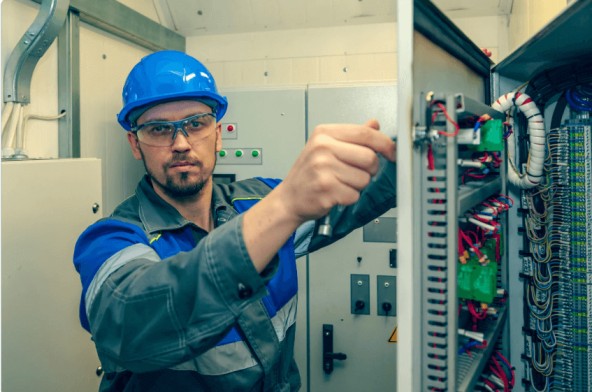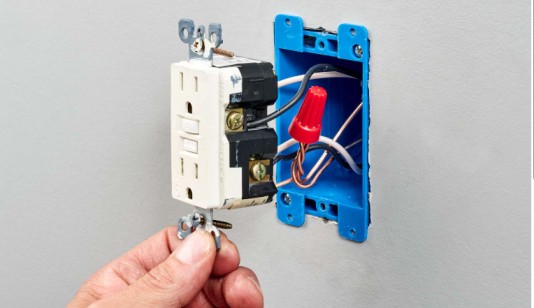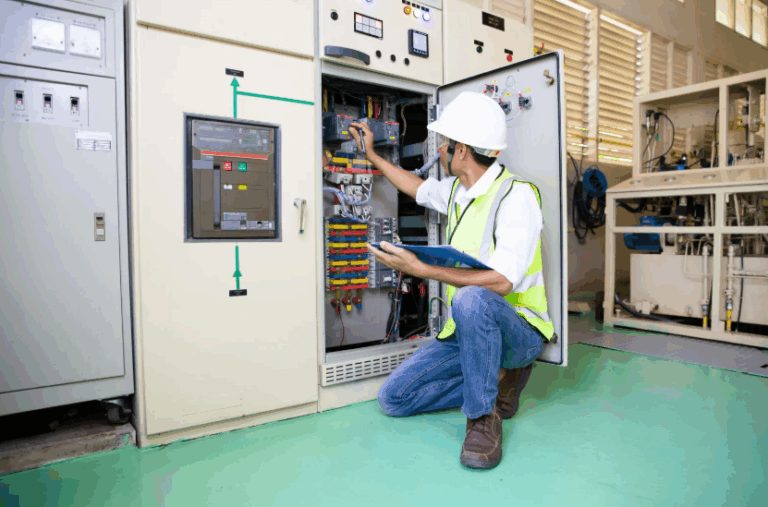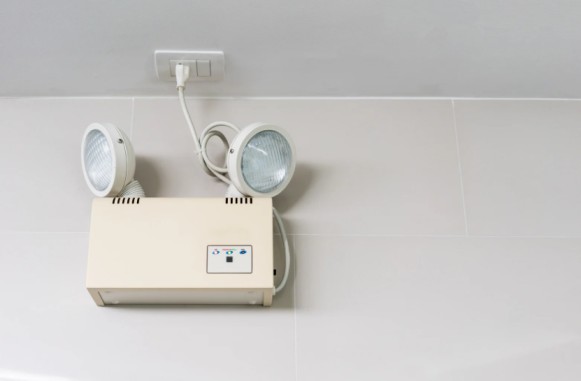Replacing your electrical panel is a significant upgrade for your home, but it’s not something that comes cheap. The cost to replace electrical panel can range from $1,500 to $12,800 or more, depending on various factors. On average, homeowners can expect to pay around $5,000 for a panel replacement. However, several factors influence this price, making a simple replacement more complex and costly than expected.
What is an Electrical Panel?
An electrical panel (also known as a breaker box or service panel) is the central hub that distributes electrical power throughout your home. It connects your home’s electrical system to the utility grid, housing circuit breakers or fuses that protect your home from electrical overloads. If your current panel can’t handle the electrical load, it’s time to upgrade or repair it.
Factors That Influence the Cost of Replacing an Electrical Panel
1. Amperage Upgrade
Upgrading your panel is typically the primary factor affecting the cost.
- 100-amp to 200-amp: Costs between $1,400 and $4,500 for homes with newer electrical appliances or central air conditioning.
- 200-amp to 400-amp: Costs can go up to $5,125 to $12,800 for larger systems or homes with higher energy demands.
2. Rewiring
Older wiring may not support the increased power load from a newer, larger electrical panel. Rewiring your home can cost between $3,850 and $10,300.
3. Panel Accessibility
If your electrical panel is in a difficult-to-reach location (behind finished walls or in crawl spaces), the labor costs will increase by $500 to $2,000.
4. Permits and Inspections
Electrical panel replacements require permits to ensure that the work meets local safety codes. Permits typically cost between $200 and $500.
5. Additional Circuits and Upgrades
If you’re adding new circuits for modern appliances or a home addition, expect to budget $100 to $250 per circuit. Upgrading your grounding system may add between $200 and $500 to the total cost.
Signs of a Dangerous or Damaged Electrical Panel
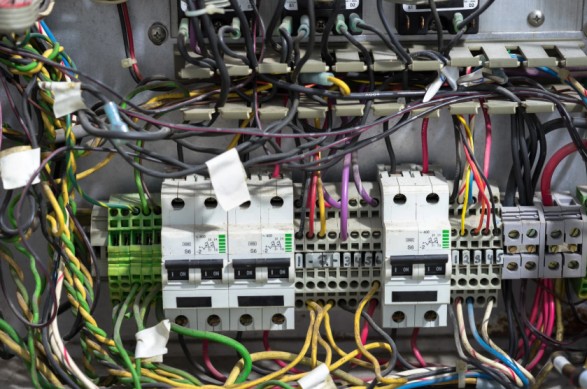
If you notice any of these signs, it’s time to consult a licensed electrician:
- Burning Smells or Discoloration: A burning smell or visible burn marks on the panel or nearby outlets.
- Overheating: The panel feels warm or hot to the touch.
- Visible Damage: Rust, corrosion, or other physical damage to the panel or wiring.
- Old or Unsafe Brands: Panels from faulty manufacturers like Federal Pacific Electric or Zinsco.
- Fuse Boxes: If your home still uses a fuse box, upgrading to a modern circuit breaker panel is a safety recommendation.
Signs Your Electrical Panel Can’t Meet Your Needs
If your home experiences any of the following issues, it might be time to upgrade:
- Frequent Breaker Trips: If circuit breakers trip often, the system is likely overloaded.
- Dimming or Flickering Lights: Lights dim or flicker when appliances turn on.
- Intermittent Power: Appliances or lights turn off unexpectedly.
- Inability to Power Appliances: Your electrical system can’t support multiple heavy appliances simultaneously.
When Should You Upgrade Your Electrical Panel?
Consider upgrading your electrical panel if you’re planning any of the following:
- Home Renovations: Expanding your home or adding new circuits requires a panel that can handle the increased electrical load.
- New, High-Demand Appliances: Installing appliances like hot tubs, electric vehicle chargers, or large HVAC systems will require an upgraded panel.
- Using Too Many Extension Cords: If you rely on multiple extension cords, it may indicate the need for more outlets, which typically requires a panel upgrade.
Cost Breakdown (Estimates)
- Panel Replacement/Upgrade (100-amp to 200-amp): $1,400 – $4,500
- Rewiring: $3,850 – $10,300
- New Circuits: $100 – $250 per circuit
- Grounding System Upgrade: $200 – $500
- Permits and Inspections: $200 – $500
Renting an Electrical Panel: What You Need to Know
If you’re in Toronto and want to avoid the upfront costs, renting an electrical panel can be an affordable alternative. Renting allows you to access modern, energy-efficient panels without a large initial investment. Many rental services offer maintenance and upgrades as part of the rental agreement, spreading the cost over time and alleviating the burden of ownership.
What to Expect When Replacing Your Electrical Panel
Upgrading your electrical panel typically involves significant electrical work, including rewiring, upgrading the amperage, and possibly adding new outlets. Here’s what you can expect during the process:
- An electrician will evaluate your current wiring to determine if it needs to be replaced or if it can support the new panel.
- The process may take several hours or even a couple of days, depending on the complexity of the job.
Average Costs for Electrical Panel Replacement in Toronto
- Standard Range: $1,500 – $4,500
- Average Cost: $5,000
- High-End Projects: Up to $12,800 for major upgrades or relocations.
Tips for Getting the Best Price on Your Electrical Panel Replacement
- Get Multiple Quotes: Reach out to several licensed electricians to compare prices and services.
- Discuss the Scope of Work: Make sure to address any potential rewiring, panel relocation, or other upgrades that may increase costs.
- Consider Rental Options: Renting an electrical panel can offer significant savings in the short term, especially if you plan to upgrade frequently.
The Electrician You Hire
Choosing a skilled, licensed electrician is crucial to ensure that the job is done safely and correctly. While it might be tempting to hire the cheapest contractor, cutting corners with electrical work can be dangerous and lead to long-term issues.
- Always hire an electrician who is licensed and has experience with electrical panel replacements.
- Look for an electrician who provides clear, upfront pricing and offers service guarantees. A reputable professional will also ensure that the job meets all safety codes.
Final Thoughts
Replacing your electrical panel is an important investment in your home’s infrastructure. It ensures that your home can safely handle modern power demands, including high-energy appliances and electric vehicles. While the cost of panel replacement can vary, understanding the factors that influence the price can help you plan and budget accordingly.
If you’re considering an electrical panel replacement, be sure to consult with a licensed and experienced electrician to get an accurate estimate and ensure the work is done safely and up to code.
FAQ
Is 150 Amp Service Enough for a House?
A 150-amp service is sufficient for most homes. However, if you have high-demand appliances, like air conditioners or electric vehicles, a 200-amp service may be necessary.
Can I Upgrade My Electrical Panel Myself?
No, upgrading an electrical panel requires a licensed electrician for safety and compliance with regulations.
How Long Does It Take to Replace an Electrical Panel?
It typically takes 4 to 10 hours, depending on the complexity of the job.
Should a 50-Year-Old Electrical Panel Be Replaced?
Yes, electrical panels over 25-40 years old should be inspected and likely replaced to avoid safety risks and accommodate modern power needs.
How Many Breakers Can I Put in a 100 Amp Panel?
A 100-amp panel can support up to 42 breakers, depending on the design and load.
What Is the Maximum Load on a 200 Amp Panel?
A 200-amp panel can handle up to 200 amps, but it’s recommended to keep the load under 160 amps for safety.
